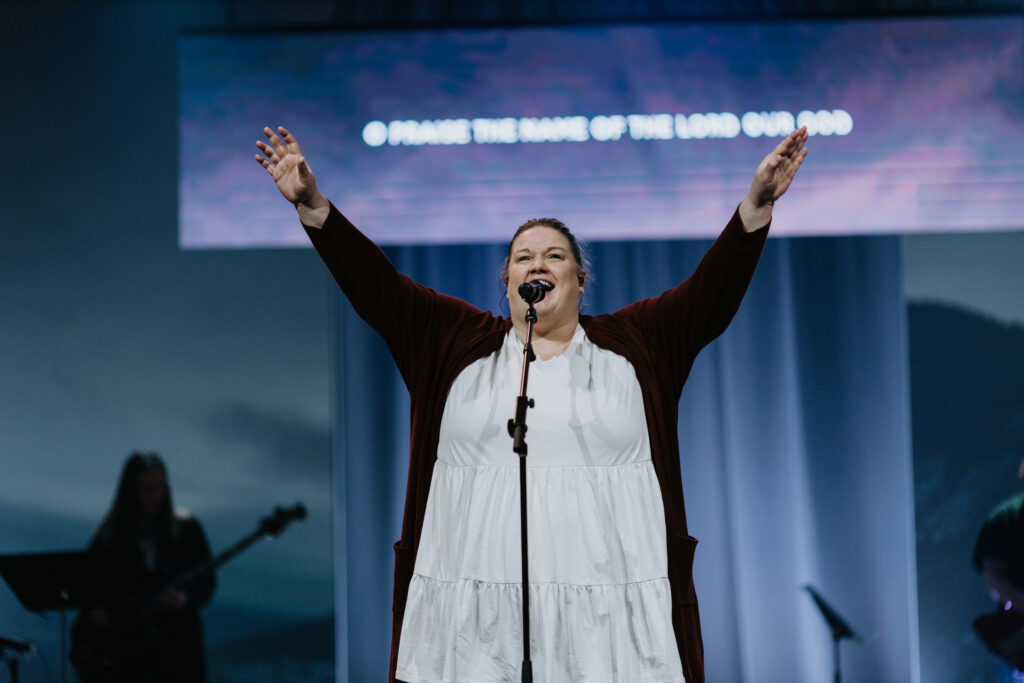Pastor Salary By Church Size – Where Do You Stand?
Are you a church trying to determine how much to pay your pastor?
Are you a minister seeking to find out how your current salary measures up to that of others?
This article covers average salary, pastor salary by church size, and how to determine the best salary package for your pastor.
Pastor Salary in 2024
To get some insight into how your church compares, let’s discuss what the average and median pastor salary is in the United States.
What is the average pastor’s salary in 2024?
Indeed found the average pastor’s salary in America is $48,382 per year, as of April 22, 2024.
What is the median pastor’s salary in 2024?
The U.S. Bureau of Labor Statistics (BLS) puts the median pastor salary estimate at $58,920.
For further reference, the BLS also states that pastors in the bottom 10% make $35,400 or less annually and those in the top 90% make $96,600 or more.
One likely explanation for the discrepancy between the average and median salaries is that there are far more pastors of small churches than pastors of large churches, thus skewing the average salary lower.
The state of pastor salary in 2024
The Census Bureau has set the following income brackets:
- Lower class: below or equal to $30,000
- Lower-middle class: $30,001 – $58,020
- Middle class: $58,021 – $94,000
- Upper-middle class: $94,001 – $153,000
- Upper class: over $153,000
Most pastors find themselves in the lower-middle class or middle-class income brackets if there isn’t a working spouse. According to the data from the BLS, only the top 10% of pastors get paid enough to be in the upper-middle class by their salary alone.
Logically, smaller churches tend to pay less than the median, and larger churches pay more. Where does your church stand?
Average Pastor Salary by Church Size
For pastor salary based on church size, I’ll be relying heavily on data collected by Vanderblomen and published in partnership with Pushpay in their 2019 Church Staff Salary Guide
First, let’s define what we mean by each church size:
- Small church – 500 or fewer
- Mid-sized church – 501 – 1,200
- Large church – 1,201 and higher
Let’s discuss senior pastor salary by church size …
Average Pastor Salary for Small Church
Vanderblomen lists $68,951 – $156,217 as the average salary for small church pastor.
However, we have to point out some major concessions. Small churches can range anywhere from a house church of 25 people to a growing church of a few hundred. There is a huge discrepancy there.
A small church or church plant might pay their pastor $0. Others might pay the pastor a part-time salary equal to other local part-time jobs. And yet others may pay their pastor the majority of the church’s income. It all depends on the church’s finances and what they hope to accomplish.
Average Pastor Salary for Mid-Sized Church
The average mid-sized church of 501 – 1,200 attendees in the study paid their pastor $84,270 – $184,025.
The lowest end of the salary range jumps considerably with mid-sized churches. That’s because these churches are often in the middle of noticeable growth and the responsibilities of the senior pastor are increasing in parallel.
Average Senior Pastor Salary for Large Church
Vanderblomen shared $92,255 – $189,053 as the typical salary range for large churches with over 1,200 people in attendance.
At this size, pastors are managing several large ministry teams, launching new ministry initiatives, and preaching several times a week. Their compensation will likely match that of leaders of larger companies.
How Much of a Church Budget Should Be Pastor Salary?
Ideally, your church wouldn’t spend more than 50% of your income on payroll. Use that as a starting point when planning your budget. However, exceptions may apply. What your pastor makes is completely up to your church!
What percentage of a small church budget should be salary?
The percentage of church income that the pastor receives as salary varies by church size.
45%-55% spent on staff salary is healthy for mid-to-large sized churches. But for small churches, it’s possible to spend 0% of its budget on its pastor or as high as 60%.
A Tool for Every Pastor
ChurchTrac has all the tools and features you need to manage your church, plan services, and steward what God has given you.
How Are Pastor Salaries Determined?
There is no one-size-fits-all metric or method when determining a pastor’s salary.
Also, no two churches are the same. You have to consider several nuances when determining the pastor’s compensation:
Location and cost of living
Adjusting salaries to reflect the cost of living helps pastors meet their basic needs and support their families.
For instance, urban areas typically have higher living costs, so you may offer a higher salary to compensate.
Job description
The specific duties and responsibilities outlined in the pastor’s job description will help you understand how to fairly compensate them.
The salary should match the workload. If the workload outpaces the salary for long, you may find yourself without a pastor soon.
Experience and qualifications
A pastor’s years of experience in ministry and leadership roles can influence their salary expectations. Also, advanced degrees, specialized training, or proficiency in specific areas of ministry may justify higher compensation.
If your church is looking for someone experienced to step into the pulpit, you may need to increase what you have in the budget to attract greater talent.
Salary range
Don’t just choose a number for a salary. Create a salary range.
A pay scale helps your church be more flexible as you face different financial challenges, hire a new pastor, and negotiate expectations.
Other benefits
In addition to salary, churches may offer other benefits to pastors, such as health insurance, retirement contributions, housing allowances, or seminary education.
These benefits contribute to the overall compensation package and can influence what you offer for the pastor’s salary.
How Much Should a Pastor Make?
As I said, try to keep total compensation and payroll at your church below 50% of the church’s income.
The pastor’s salary will be influenced by more than just your budget. You have to take their experience and needs into consideration. Also, other benefits should factor into the final salary amount.
How Does Your Church Compare?
Does your church fairly compensate the pastor? Or is there room in the budget to improve in that area?
Use this post as a church compensation and salary guide to help you create a pastor salary that takes care of the shepherd of your flock.
Blog from https://www.churchtrac.com/articles/pastor-salary-by-church-size
Looking for a new position? Stop by MinistryJobs.com and have a look at the jobs that are available! Ministry jobs are hard to come by and job hunting is no fun. We help ministry job seekers find their ideal role in their next ministry – for free! More than 6 million search for a job every day. Be found! Looking to list a job or an open position? We help churches and organizations get job openings in front of potential candidates. We have several plans and packages available. Today is the day!
Want to read more Ministry Jobs Blogs? Click Here!
Follow us on social!
Facebook.com/MinistryJobs
Instagram.com/MinistryJobs


![The Ultimate Youth Pastor Job Description [2024]](https://ministryjobs.com/wp-content/uploads/2023/03/PDHEADERNAME-806x300.png)


 Central Church Worship, Sioux Falls South Dakota
Central Church Worship, Sioux Falls South Dakota Central Church Worship, Sioux Falls South Dakota
Central Church Worship, Sioux Falls South Dakota Central Church, Sioux Falls South Dakota
Central Church, Sioux Falls South Dakota Central Church, Sioux Falls South Dakota
Central Church, Sioux Falls South Dakota Central Church Worship, Sioux Falls South Dakota
Central Church Worship, Sioux Falls South Dakota


